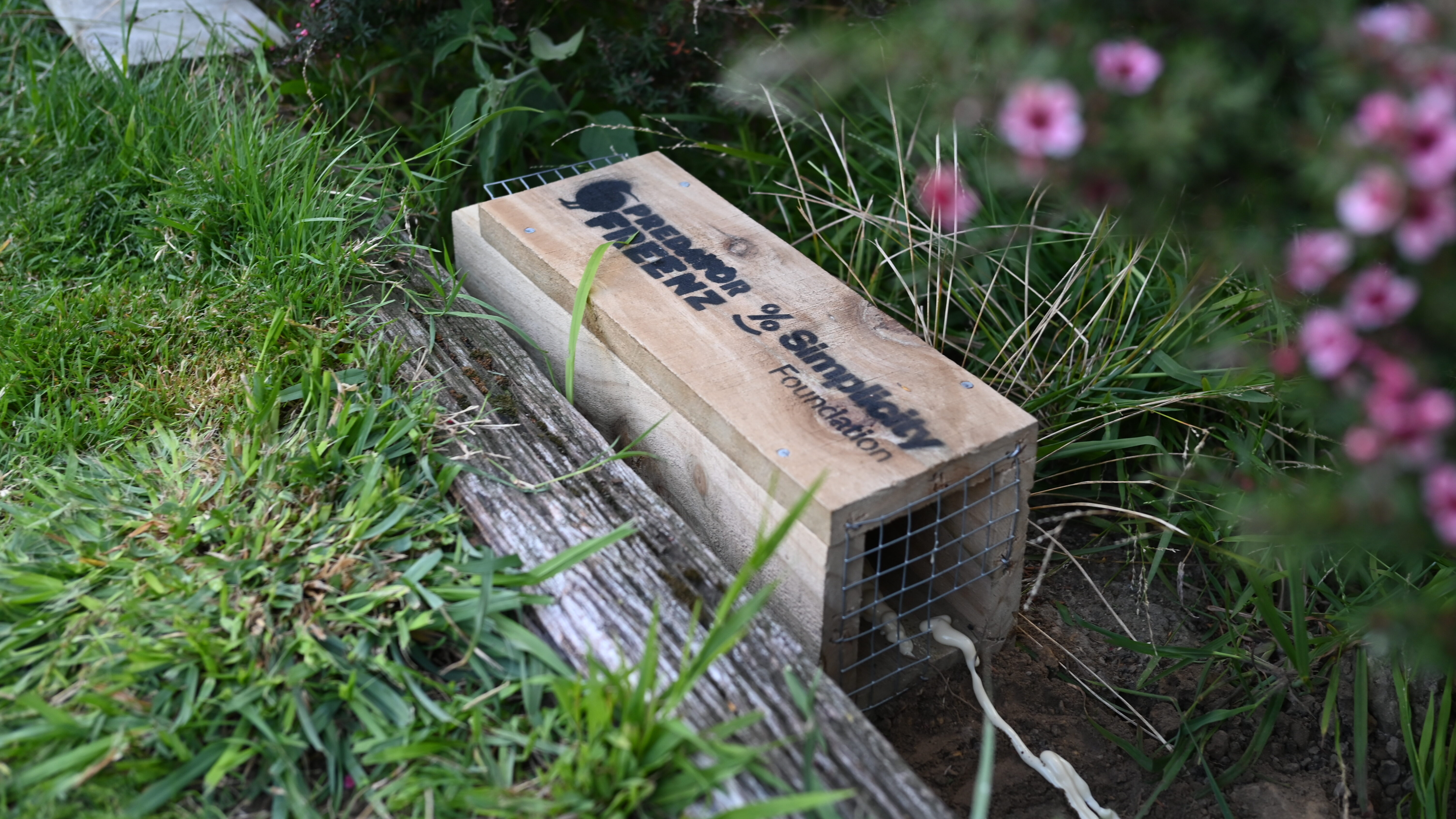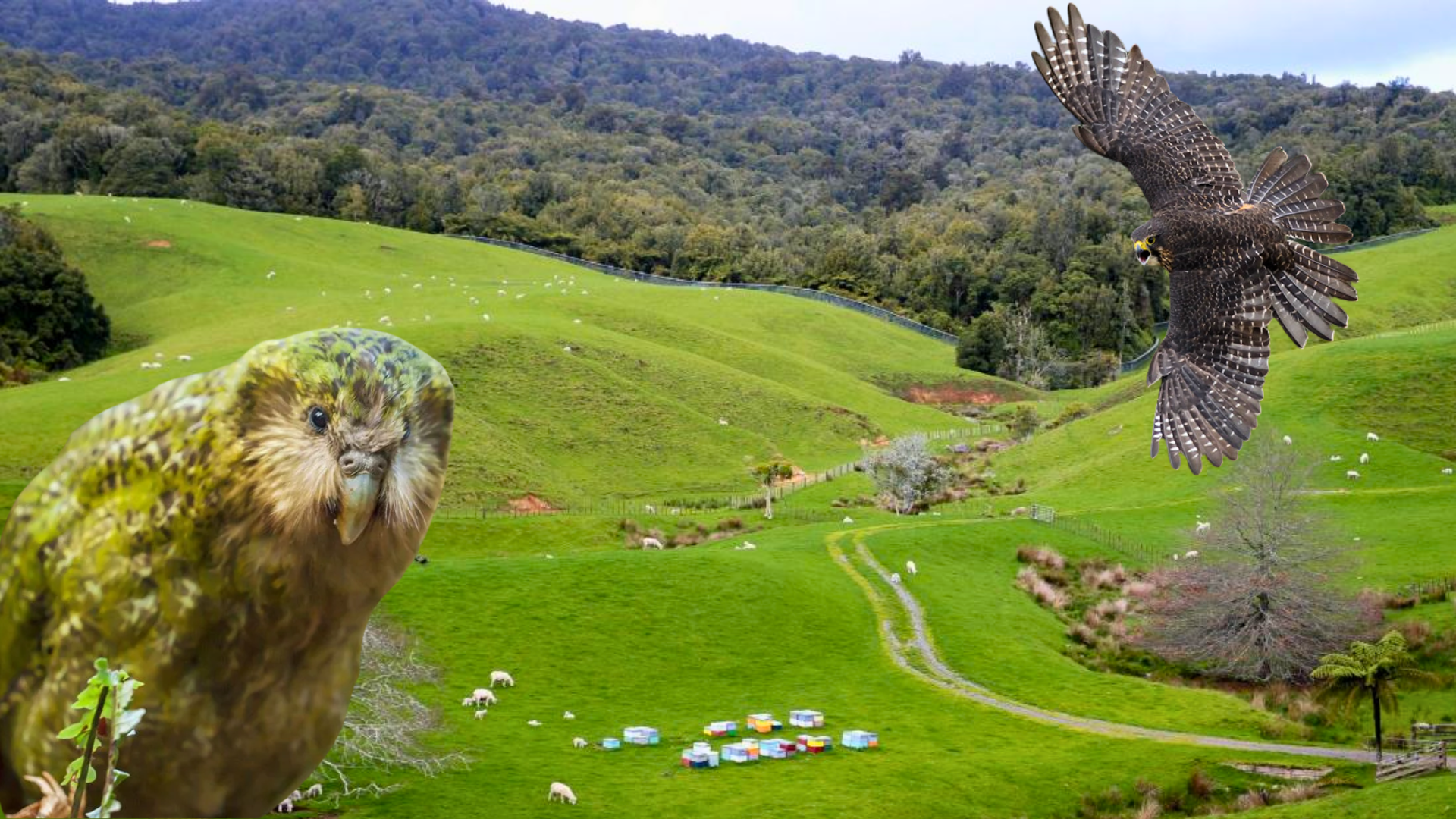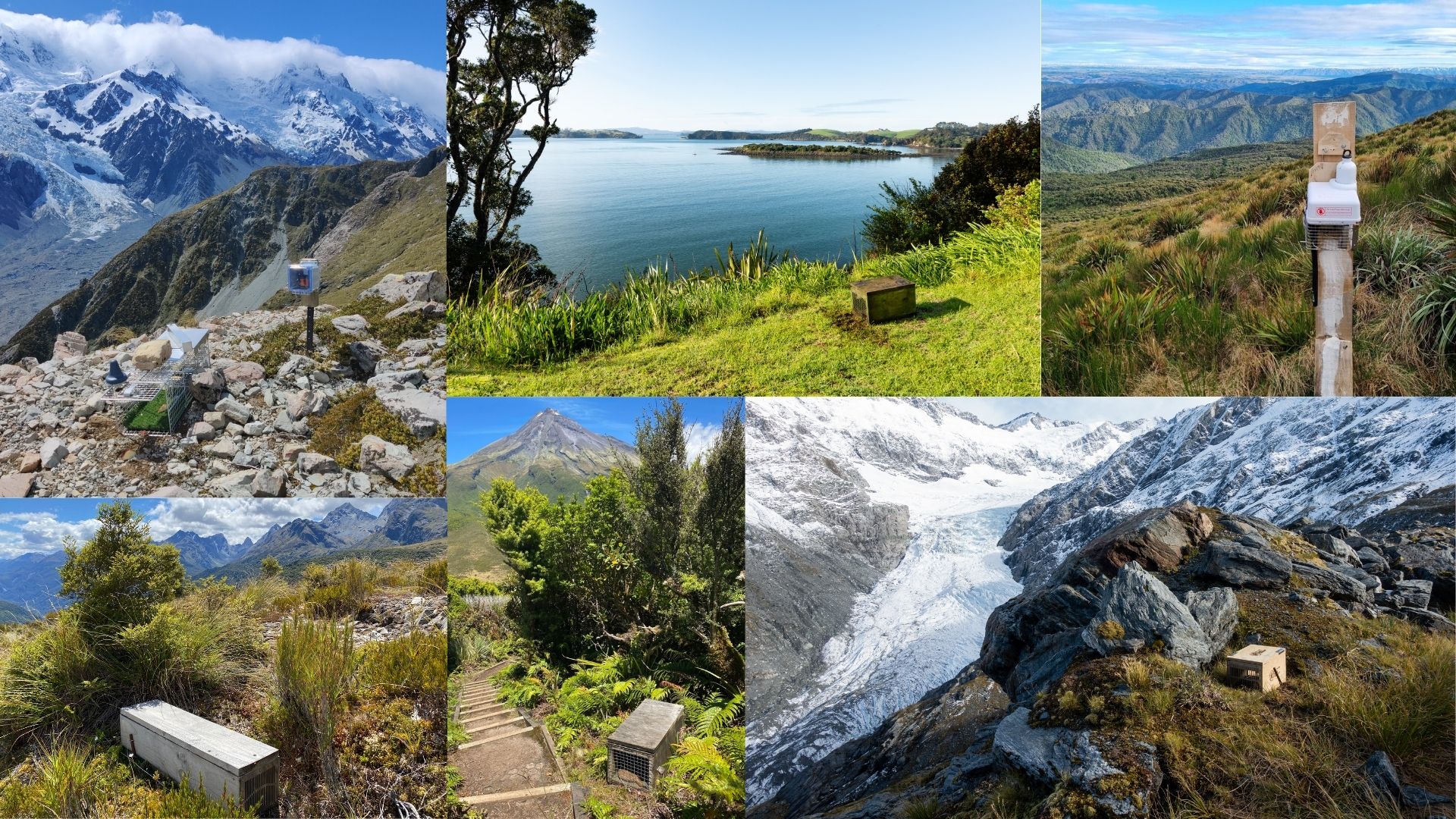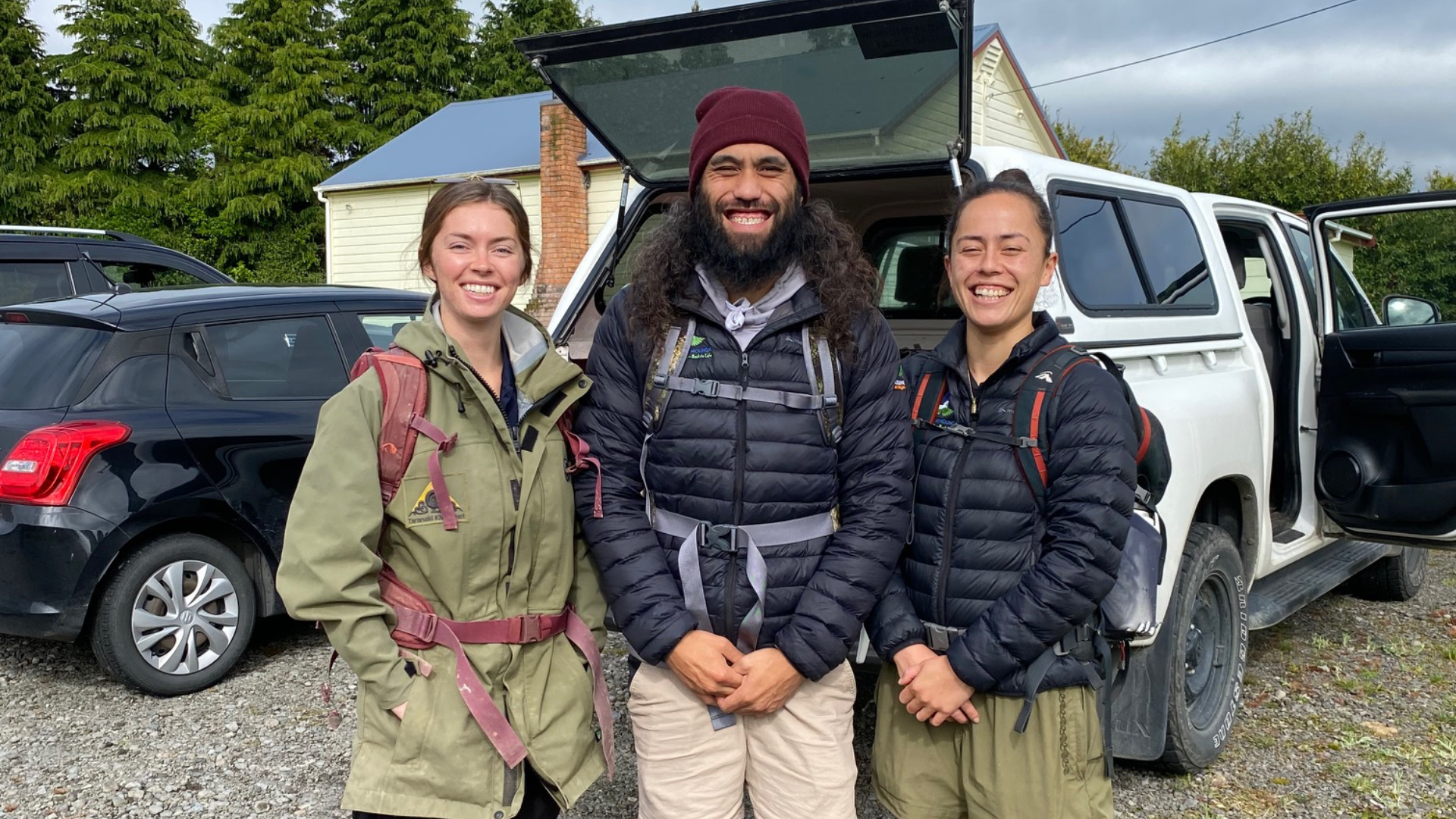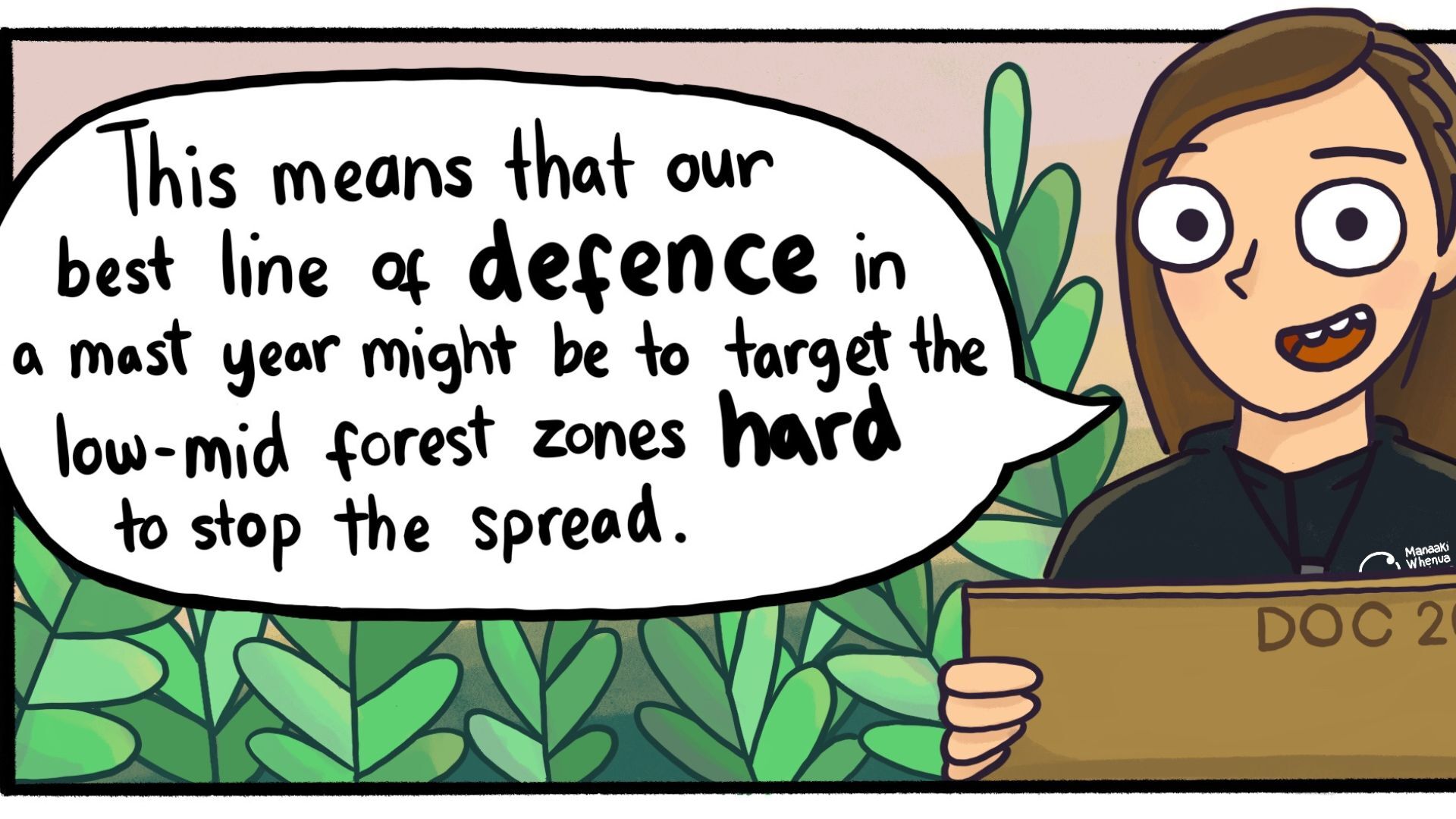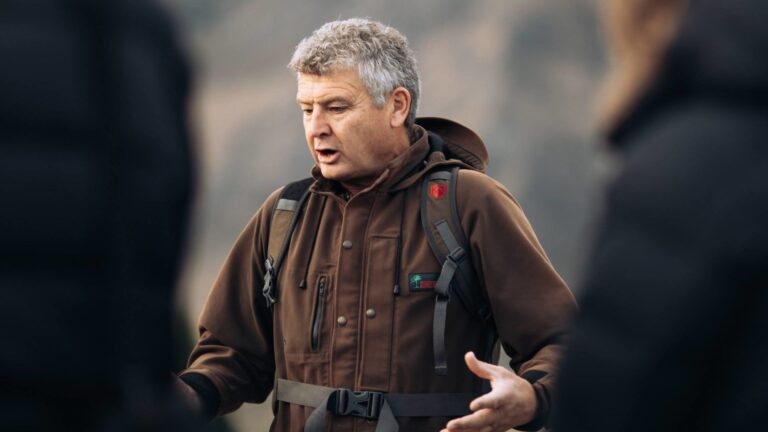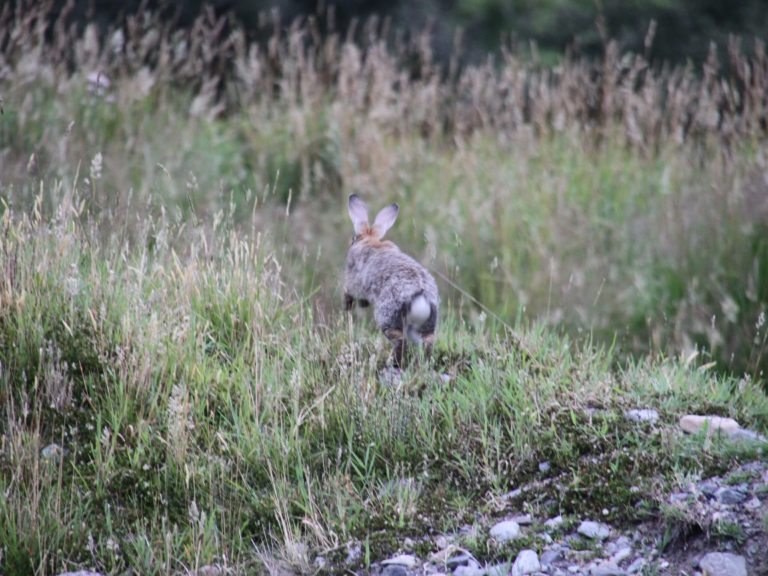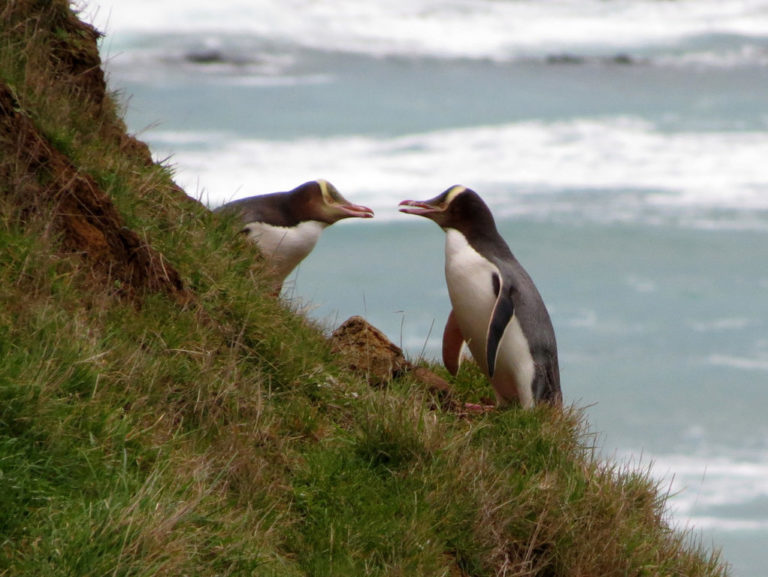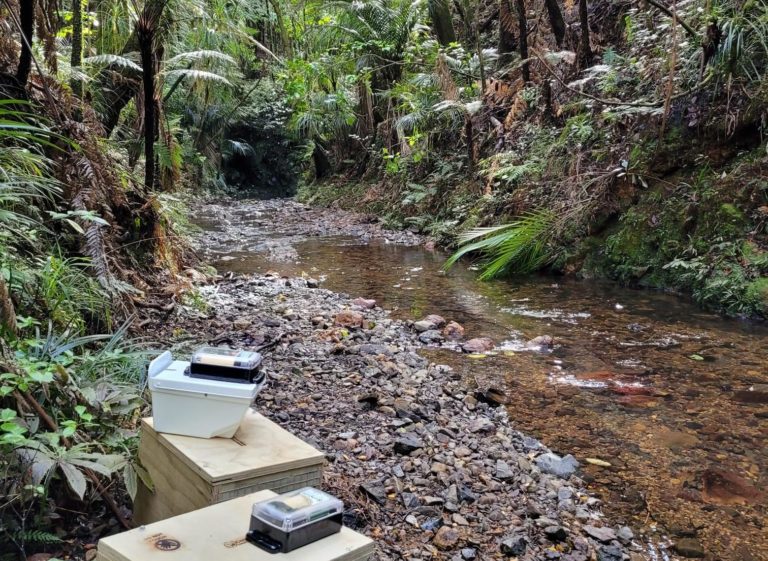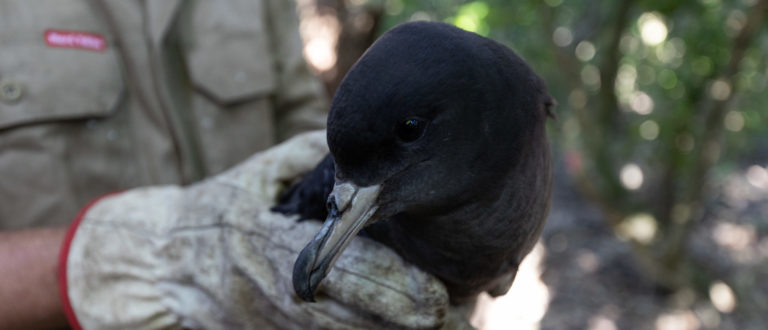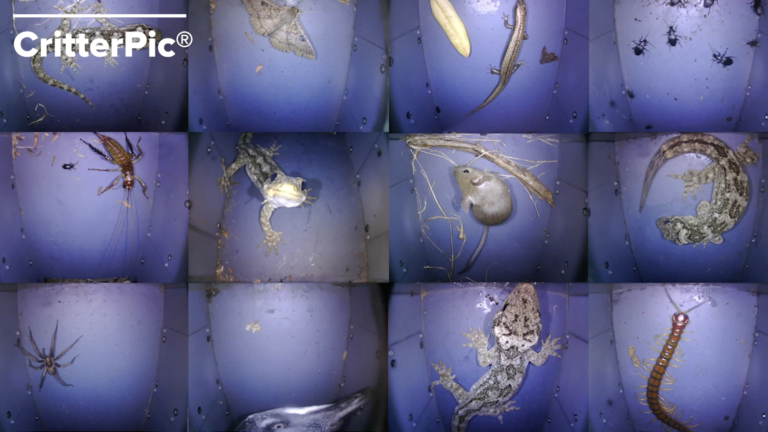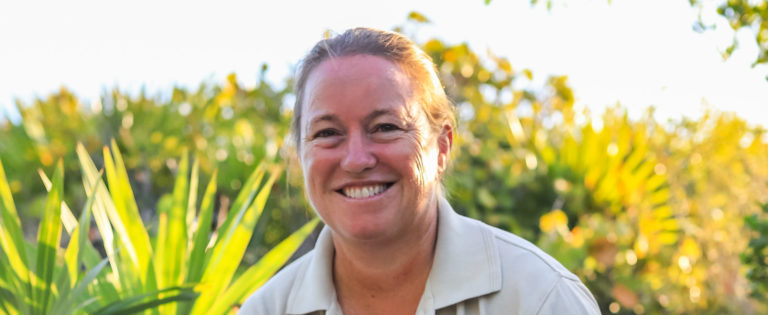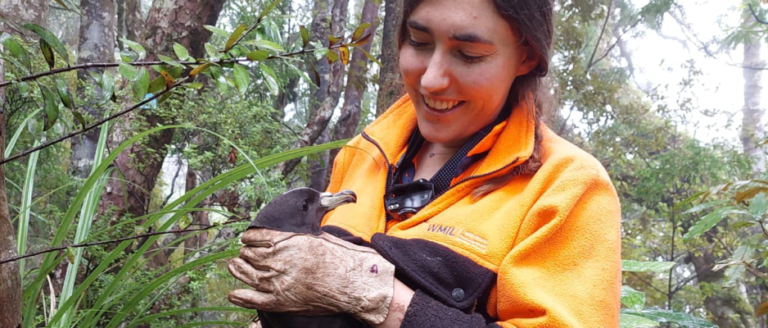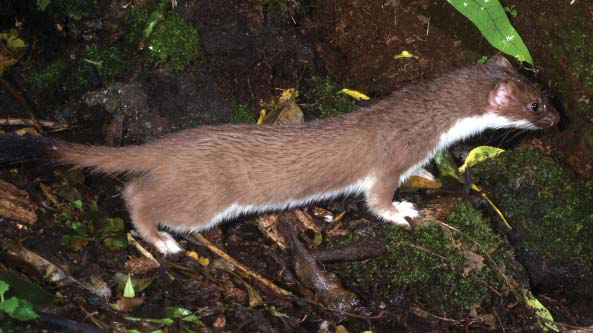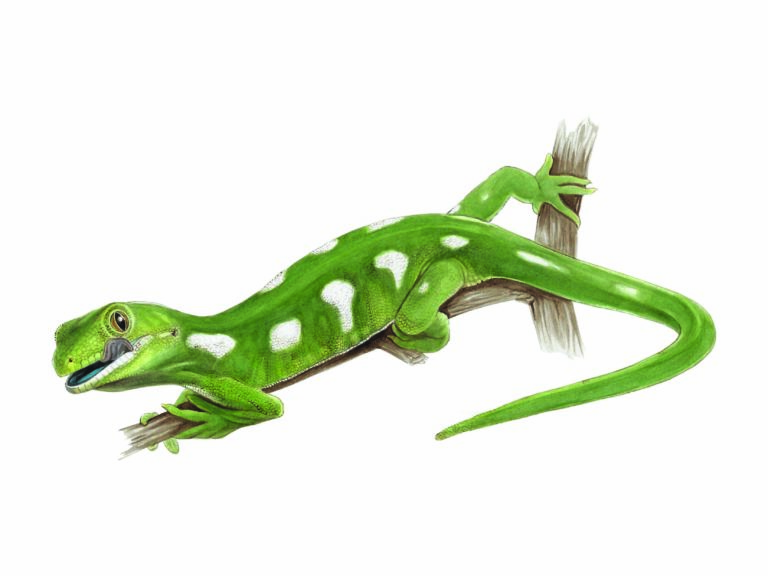Other articles written by Predator Free NZ
Birdsong and buy-in: Simplicity Foundation backs grassroots trapping
With funding from the Simplicity Foundation, communities across the country are gearing up to engage their community in the growing predator free movement.
Wild neighbours: living next to an ecosanctuary
Living near an ecosanctuary comes with unforgettable wildlife encounters – and big responsibilities.
Are these the most scenic traps in New Zealand?
Exploring most trails in Aotearoa, you might notice wooden boxes or contraptions. While mysterious to those unfamiliar, they are actually signs of hope.
Four Taranaki predator free apprentices graduate
Four Predator Free Apprentices have graduated in tandem, and the future of conservation in the region is looking brighter than ever.
Comic: solving the rat surge puzzle
This comic is brought to you by the talented illustrator Sarah Maybe Little, explaining a study into ship rat immigration.
Fine tuning your predator control
Do you want some tips and tricks on increasing the effectiveness of predator control for your project or community group?
Rabbit control could help us towards a predator free future
If you can’t get rid of every single rat or stoat the few survivors suddenly find themselves with ample food supplies and very little competition.
Nurturing our natives at Dunedin Wildlife Hospital
The Dunedin Wildlife Hospital treats 600 patients annually – all native species, some of which are very rare and endangered.
From products to projects with Predator Free 2050 Limited
Funding from Jobs for Nature Mahi mō te Taiao programme and the Provincial Growth Fund, Predator Free 2050 Limited has been able to invest $11.3 million in funding for 15 companies developing predator eradication tools and ‘best practice’ for their use.
Monitoring our flesh-footed shearwaters: an apprentice ecologist’s account
On Ohinau Island, the transition from day to night tells the toanui (flesh-footed shearwaters) foraging on the water that it’s time to come home.
Emerging technologies for predator control and what to do about feral cats
Dr Helen Blackie from Boffa Miskell talks about some of the latest technologies to control introduced predators in Aotearoa New Zealand.
Eradication — we’ve all got a role
Biz is an expert in predator control, dedicated to community-based conservation projects, so they have the skills and resources needed to achieve positive outcomes for species and habitats.
Monitoring the threatened black petrels of Aotea
In the middle of the night, huddled with her team on an island in the Hauraki Gulf, Predator Free Apprentice Marcia Welch sits and waits.
Genomics, Stoats, and Predator Free New Zealand
In this talk, Dr Veale describes some of his recent work focusing on how genomics may assist us achieve our goal of controlling and potentially eradicating invasive predators from Aotearoa.
A land of lizards
Did you know we have over 110 different species of native lizards, and we’re still discovering more?

